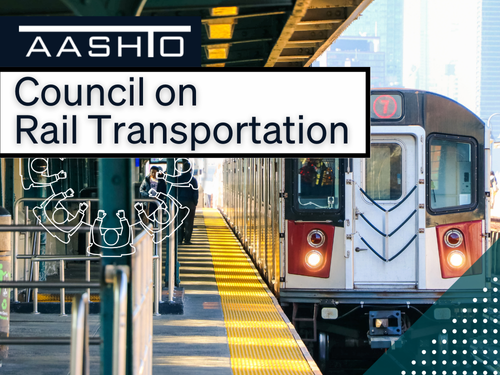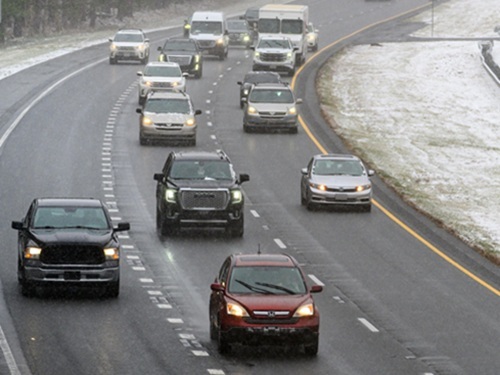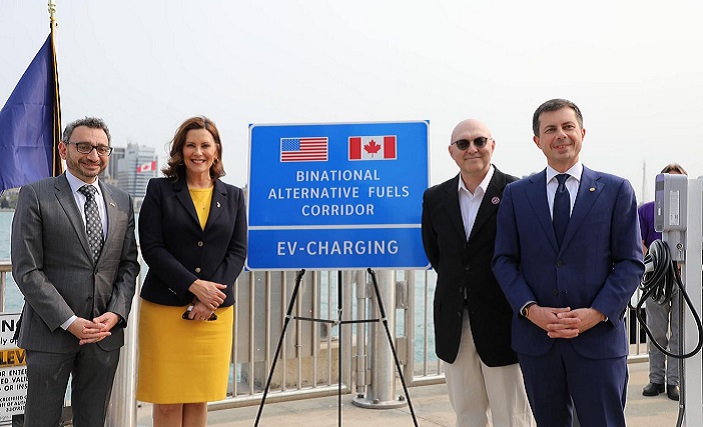Pete Buttigieg, secretary of the U.S. Department of Transportation, recently joined Canadian Minister of Transport Omar Alghabra, Michigan Governor Gretchen Whitmer (D) and others to celebrate the creation of what’s being dubbed the first Binational Electric Vehicle or EV Corridor linking the two nations.
[Above photo by USDOT]
This new EV corridor will stretch from Kalamazoo, Michigan, to Quebec City, Quebec, tapping into what the USDOT said are 75,000-plus miles of Alternative Fuel Corridors in the U.S. The agency noted that this new EV corridor will feature DC fast chargers approximately every 50 miles.
The corridor is one result of President Biden’s visit to Canada in March, where he and Prime Minister Trudeau committed to work together to harmonize EV charging standards and develop cross-border alternative fuel corridors between the U.S. and Canada.
“The U.S. and Canada have long enjoyed a productive partnership on transportation issues and in that spirit we are proud to announce the first-ever U.S.-Canada EV Corridor,” said Buttigieg in a statement.
[Editor’s note: Buttigieg references in his statement the approval by the Federal Highway Administration in September 2022 of the EV infrastructure deployment plans submitted by all 50 states, the District of Columbia, and Puerto Rico. Those plan approvals allowed the transportation departments in all 50 states, the District of Columbia, and Puerto Rico to unlock more than $900 million in fiscal year 2022 and 2023 funding available through the National Electric Vehicle Infrastructure or NEVI formula program.]
“Canada and the United States have built the world’s largest market-based energy trading relationship, which provides a firm foundation as we strive to reach net-zero greenhouse gas emissions,” noted Canada’s Alghabra.
“This first cross-border alternative fuel corridor will help drivers to travel across the border and charge or refuel worry-free,” he added. “It contributes to bringing us another step closer to making our air cleaner while helping people save money on traditional fuels.”
“There’s always been a little ‘spark’ between Canada and Michigan,” the governor noted in her remarks at the event. “Now we are even more connected via the launch Binational EV Corridor. We’re making travel easier by ensuring a network of abundant charging options along all 860 miles of the corridor, while also strengthening Michigan’s leadership in electrification and mobility.”
 Nation
Nation
Registration Open for AASHTO’s Winter Rail Meeting
December 19, 2025 Nation
Nation

